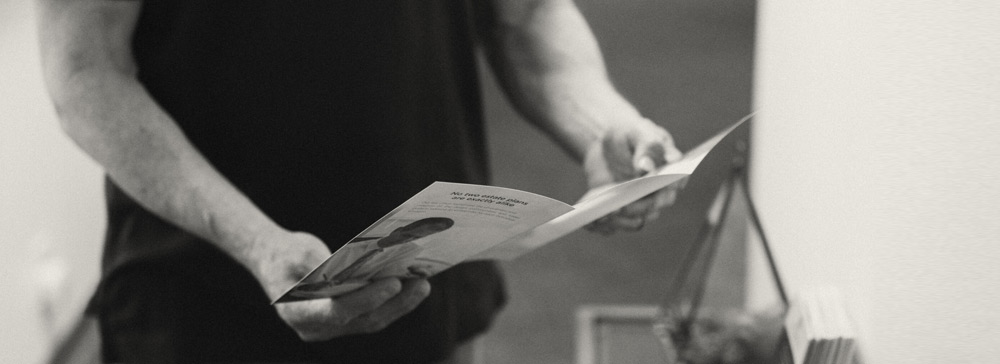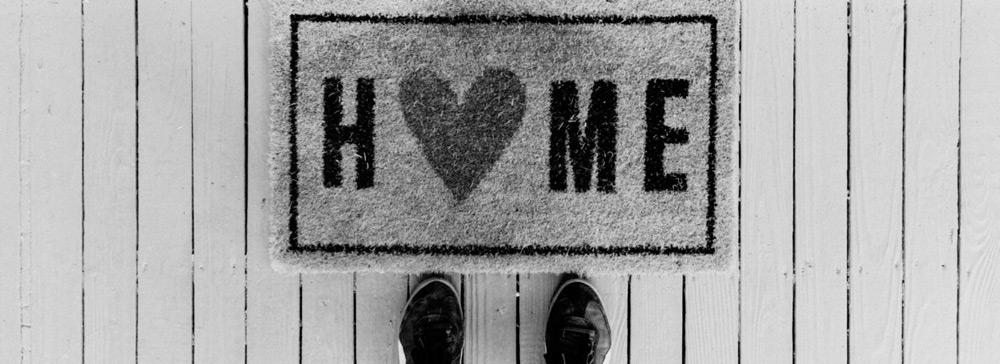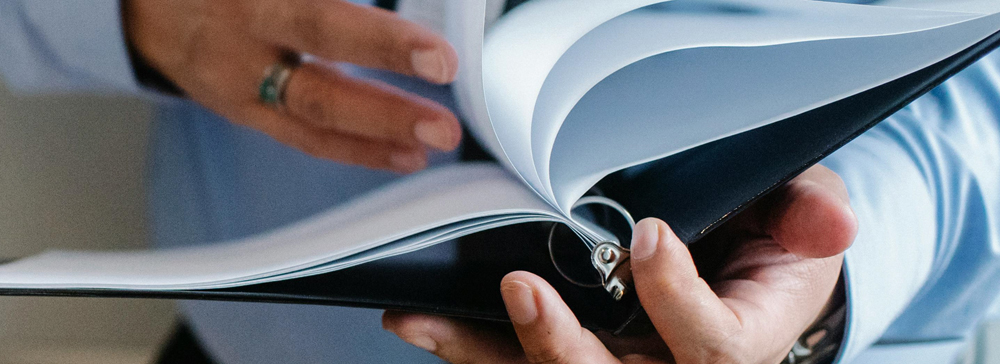What is A Pour-Over Will?
A pour-over will is a will used in connection with a trust. A pour-over will is like any other will, except that the primary beneficiary is the testator’s living trust. The pour-over will transfers assets to the trust to ensure these assets will be subject to the distribution plan set up in the trust. This kind of will “pours” any property the deceased owned at the time of his death that was not already accounted for in the trust into the deceased’s trust.
Other benefits of a pour-over will:
- It distributes tangible personal property, such as furniture, jewelry, clothing, etc., to the testator’s beneficiaries who are not already beneficiaries of the decedent’s trust;
- It nominates a guardian for the testator’s minor children;
- It revokes prior wills;
- It can include other provisions, such as tax allocation clauses.
Does a pour-over will go through probate?
That depends on the value of the assets that are in the pour-over will. If the probate assets add to up to more than $100,000, probate is required. If the amount does not exceed $100,000, the assets can be transferred to the trust as authorized by California Probate Code section 13100, and avoid probate.
If an individual dies with a living trust, but without a pour-over will, it can lead to two different distribution plans; one for the assets in the trust, and another for the assets not in the trust that may be required to go through probate. In some cases the two distribution plans might be alike because the beneficiaries of the trust are the same people who will inherit through intestate succession. However, if the beneficiaries are not the same, the assets could be distributed to different people. For example, if the trust left all assets to a charitable organization, and the decedent did not have a pour-over will any assets not in the trust would not go to the charity, but instead would be distributed to the testator’s relatives under intestate succession.
Whenever a trust is used, it is essential to also have a pour-over will in place to properly transfer your property which was not held by the trust when you pass away.
Will FAQs
Do you have questions about creating or updating your will? Visit our Will FAQ page and read frequently asked questions about wills and estate planning. If you have additional questions or would like to schedule a consultation, please contact us.
Will Preparation Services
For more information on creating a will contact Estate Planning Attorney, Eric A. Rudolph, at (760) 673-7600 or schedule an estate planning consultation.







